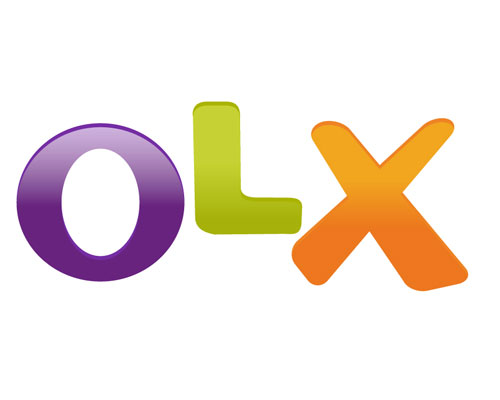- OLX Site Recorded N12.1trn Online Transactions in 2016
OLX, a leading online classifieds site in Nigeria, has released the report of the total number of second-hand items and their value, that were traded on its online site in 2016, saying a total of 1,122,001 second-hand items were posted for sale on the site last year valued at N12.1 trillion.
OLX, which commenced business in Nigeria in 2012, operates an online classifieds site, which offers Nigerians the platform to trade second-hand items, especially household items and personal effects.
The survey report about transactions between sellers and buyers on the OLX platform in Nigeria, was released for the first time in commemoration of its 5th anniversary, to showcase trends within the local second-hand market from last year.
The report revealed the number and value of second-hand items posted on the OLX site last year, which turned out to be huge and almost twice the market capital for some online sites.
The report also indicated the power of the second-hand market offering in Nigeria by revealing that over one million items were posted for sale last year, which equates to one item being up for grabs every 30 seconds on the OLX site.
Commenting on the report, the Country Manager, OLX, Lola Masha, said: “OLX currently receives over 2.8 million visits a month and we are anticipating a growth in this figure over the upcoming months. This report reflects Nigerians awareness of the second-hand value in their possessions.”
According to her, “The report takes a closer look at each category revealing some exciting figures about Nigeria’s second-hand market. For example, the monetary value of mobile phones posted on OLX in 2016 is over N6.5 trillion, which is equivalent to four and a half of the world’s largest gold bars, whilst the value of the home, furniture and garden category on OLX is N44.3 billion.”
“The most expensive mobile phone posted on the site was a Nokia Vertu for N950,000, whilst the most expensive vehicle was a pre-owned 2015 Private Jet Bombardier valued at N5.5 billion, which is equivalent to the average salary of the top five Nigerian footballers,” Masha said.
“The report not only shows the enormous value of the second-hand market but also demonstrates the positive impact online classifieds has on the Nigerian economy. This is a concrete demonstration of the OLX brand essence ‘Everybody wins’, as sellers win when they sell items they no longer need at lower prices, and buyers also win when they buy items at great discounts and the community wins as the trade leads to increased circulation of cash in the local economy,” Masha added.
The OLX Group operates a network of online trading platforms in over 40 countries. It builds market leading classifieds marketplaces that empower millions of people to buy, sell and create prosperity in local communities.
With over 300 million monthly users worldwide, OLX Group makes it fast and easy to buy and sell almost anything online, such as household goods, phones, cars and houses. Through consumer brands including Avito, dubizzle, letgo, among others, more than 10 million items are listed on its market-leading apps and platforms every single month.


 Forex3 weeks ago
Forex3 weeks ago
 Naira3 weeks ago
Naira3 weeks ago
 Billionaire Watch3 weeks ago
Billionaire Watch3 weeks ago



 Naira3 weeks ago
Naira3 weeks ago






 Naira2 weeks ago
Naira2 weeks ago




 Naira2 weeks ago
Naira2 weeks ago




 Naira4 weeks ago
Naira4 weeks ago






 Naira1 week ago
Naira1 week ago























